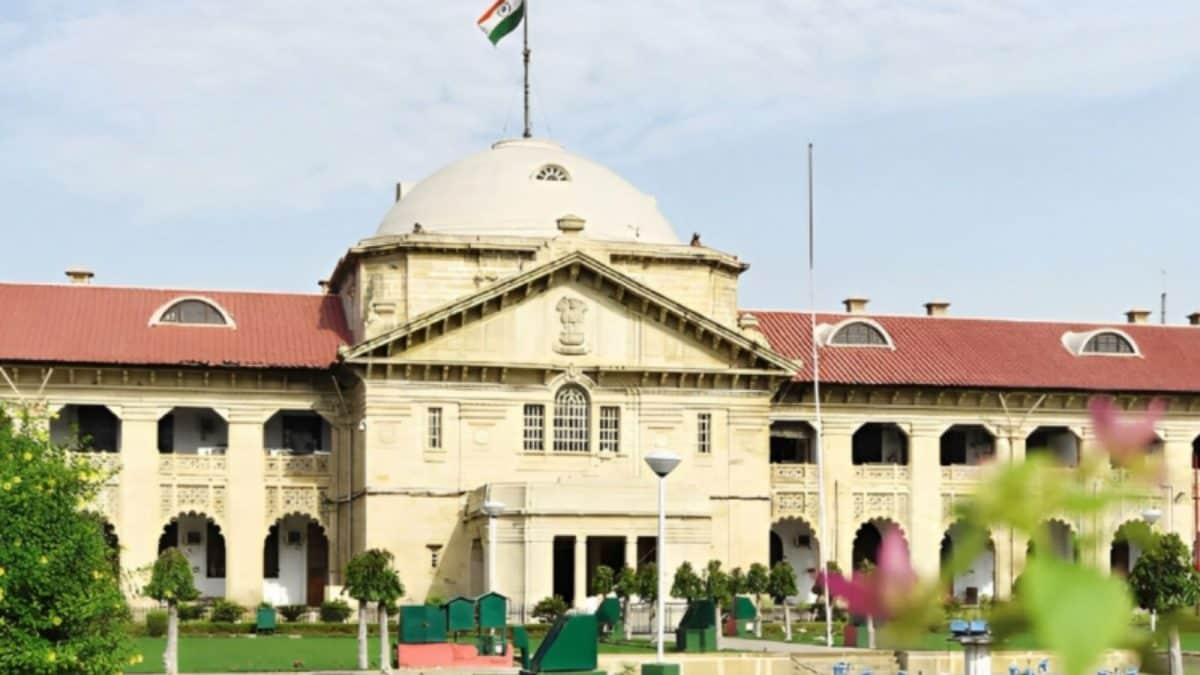ARTICLE AD BOX
Last Updated:September 09, 2025, 11:03 IST
The complex reported 41% savings in energy, 35% in water, 59% in material efficiency and a reduction in operational CO₂ emissions of 232.78 tCO₂/year.

In March this year, Nav Yuwan Housing Society, which houses over 280 families, bagged the certificate for implementing home improvement solutions to reduce energy and water use, and emissions.
A 30-year-old housing complex in Thane’s Mira Road has not only brought their electricity bill from Rs 52,000 to Rs 18,000 but also became the first in Asia to receive the EDGE Advanced green building certification for meeting global benchmarks in emissions reduction and energy efficiency.
In March this year, Nav Yuwan Housing Society, which houses over 280 families, bagged the certificate for implementing home improvement solutions to reduce energy and water use, and emissions.
According to a report by Down to Earth, 150 motion sensor-based dim tube lights have been installed in staircases, lift lobbies, and the mid-land areas of the building. These lights remain dim when areas are unoccupied and switch to full brightness upon detecting movement, enhancing safety and comfort while minimising energy consumption.
The retrofit is part of a pilot designed and implemented by Aga Khan Agency for Habitat (AKAH).
With this, the complex reported 41% savings in energy, 35% in water, 59% in material efficiency and a reduction in operational CO₂ emissions of 232.78 tCO₂/year.
The certificate was given by Excellence in Design for Greater Efficiencies (EDGE), an international green building certification system developed by the International Finance Corporation, a member of the World Bank Group.
“Our electricity bill, which was previously around Rs 52,000, is now Rs 18,000," Karovalia (52), a managing committee member of Nav Yuwan Housing Society, told Times of India.
“The Nav Yuwan pilot is a proof-of-concept for Climate Action Plan interventions on energy and water efficiency in residential sector and institutional buildings. It shows how practical, low-cost interventions can deliver meaningful measurable outcomes and improve resilience, without the need for new construction," said Prerana Langa, CEO of AKAH, India.
According to a study by US-based nonprofit Rocky Mountain Institute (RMI), retrofitting an existing building produces 50–70% less carbon emissions than constructing a new building.
Langa further said that schools, commercial complexes, and institutional buildings are also emerging as key spaces for energy-efficient upgrades. “Implementing cool roofing, natural ventilation, solar panels, and smart lighting systems not only reduces operational costs but also creates healthier and more conducive learning environments. Scaling green retrofitting as a city-wide strategy is a step towards climate-proofing urban growth," she added.
First Published:
September 09, 2025, 11:03 IST
News mumbai-news Thane's 30-Year-Old Housing Complex Bags Green Award, Brings Power Bill Down From Rs 52K To Rs 18K
Disclaimer: Comments reflect users’ views, not News18’s. Please keep discussions respectful and constructive. Abusive, defamatory, or illegal comments will be removed. News18 may disable any comment at its discretion. By posting, you agree to our Terms of Use and Privacy Policy.
Read More



.png)
.png)
.png)
















 6 hours ago
5
6 hours ago
5






 English (US) ·
English (US) ·